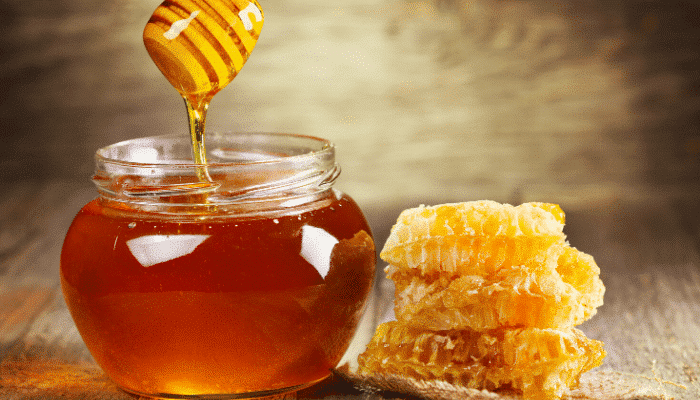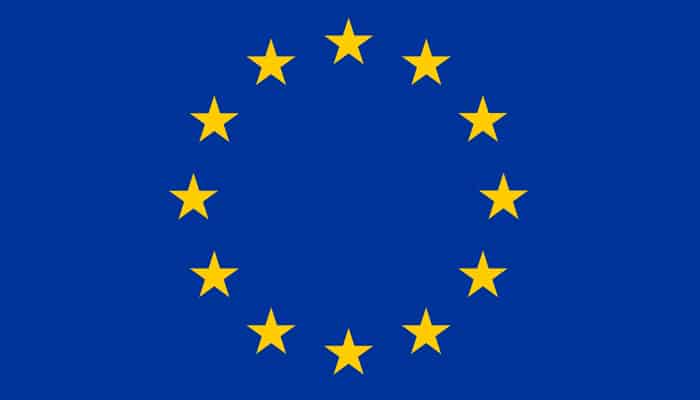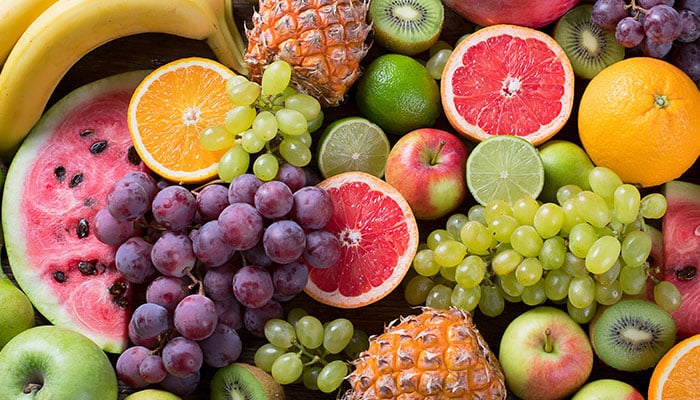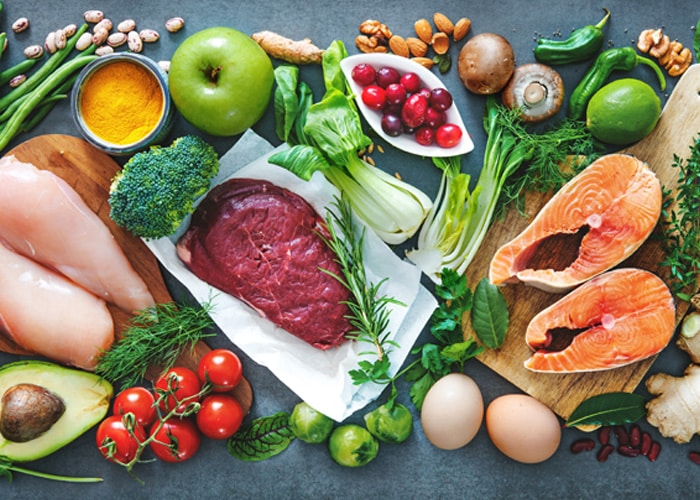
Article réservé aux abonnés


The 2022 annual report of the Alert and Cooperation Network (ACN) has just been published.
In 2022, the number of notifications exchanged by the Food Fraud Network (FFN) reached a total of 600, with a significant increase compared to 2021 (407).
The countries that reported the most suspected fraud were Germany (26.5% of notifications), Belgium (21%) and France (13.3%).
As regards the origin of the products reported in the system, 72.7% concerned goods from within the EU and 26.7% from outside the EU.
For products from the EU:
- 15.4% of cases concerned Spain (suspected adulteration of squid-based products, mislabelling of olive oil as extra virgin olive oil),
- 12.9% of cases concerned the Netherlands (misdescription and smuggling of animal products).
For products not originating in the EU:
- 21% concerned China (suspected adulteration of honey, misdescription of fish products),
- 12% concerned India (suspected adulteration of shrimp with undeclared water).
The most frequently reported product categories were as follows:
- Honey and royal jelly (15.7%): adulteration of honey with foreign sugars.
- Live animals (8.3%) excluding cats and dogs, especially horses: lack of control with falsification of documents, food unfit for human consumption.
- Meat and meat products (except poultry) (7.7%): smuggling, imports, production, slaughter, illegal trade, labelling errors.
- Fish and fish-based products (7.7%): falsification by replacing fish with lower-value species or with a processed product, application of an unapproved treatment.
- Fats and oils (6.8%): mislabelling (sale of olive oil as extra virgin olive oil).
- Poultry and poultry-based products (6.17%): water added to chicken, misleading product labelling (freezing date, quantity and/or quality).
- Dietetic foods, food supplements and fortified foods (5.8%): unauthorised food supplements placed on the market, addition of unapproved substances, unauthorised health claims.
- Crustaceans and their products (5.5%): undeclared addition of water to shrimps.
- Cephalopods and derived products (4.9%): adulteration, ingredient substitution.
- Plant protection products: illegal trade in substances within the EU, unapproved composition or use.
The most frequently reported types of fraud were as follows:
- Adulteration/falsification of products (47.8%): substitution (in honey and royal jelly, cephalopods and crustaceans and their products), unapproved/undeclared process or product (in dietetic foods, food supplements and enriched foods, fish and fish products and non-alcoholic drinks).
- Description, labelling and brand errors (22.5%): false claims, false quality terms, misleading declaration of product weight.
- The grey market (16.1%): smuggling, imports, production and illegal trading of live animals, plant protection products, dietetic foods, food supplements and enriched foods.
- Falsification of documents (9.3%): falsification of passports, animal identification documents, batch numbers (in the live animals, meat and meat products categories, with the exception of poultry).
- Counterfeiting (4.3%): Protected Designation of Origin (PDO), Protected Geographical Indication (PGI), infringement of intellectual property rights (relating to chocolate, tea and plant protection products).
Phytocontrol's experts can assist you with these issues relating to fraud and food safety. You can consult our COFRAC technical annexes N°1-1904, N°1-6066 and N°1-6634 available in your customer area or on the COFRAC website.




